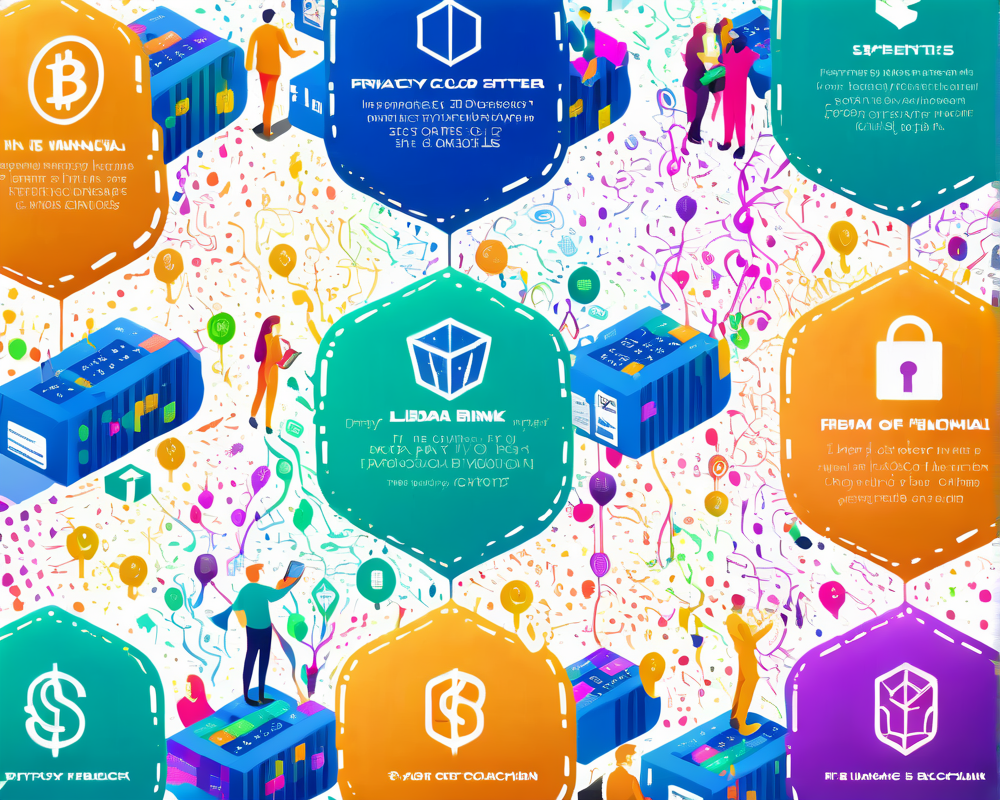South Korea’s Crypto Exchanges Bid Farewell to Litecoin Following Privacy Upgrade
Major exchanges in South Korea delist Litecoin due to privacy upgrades, highlighting the clash between crypto privacy and stringent regulations.
Korean Crypto Exchanges Warn Investors Following Litecoin’s Privacy Upgrade
Discover how Bithumb and Upbit have warned investors about the risks linked to Litecoin’s recent MimbleWimble upgrade. Read more about the implications.
The Birth of Litecoin Ordinals: A Major Leap in NFT Evolution
Discover how Litecoin Ordinals allows NFTs on Litecoin, driven by coding prowess and a competitive spirit.
Litecoin Unveils Mimblewimble Upgrade: A Game Changer for Privacy Transactions
Discover how Litecoin’s Mimblewimble upgrade enhances privacy and fungibility in cryptocurrency transactions.
The Rollercoaster Ride of Magic Internet Money Amid Crypto Winter
Explore the tumultuous journey of Magic Internet Money (MIM) as it navigates the challenges of a volatile crypto market. Dive into the latest updates!
Understanding the Chaos of Stablecoin Spreads: A Deep Dive into Market Dynamics
Discover the intricate dynamics behind stablecoin spreads, market behavior, and investment opportunities amidst current cryptocurrency trends.
The Wild Ride of Stablecoins: Understanding the Chaos After Terra’s Collapse
Unpacking the recent turmoil in the stablecoin market post-Terra collapse. What does this mean for investors?
Mimblewimble: The Wizardry of Privacy in Cryptocurrency
Discover the enchanting world of Mimblewimble, a privacy-focused blockchain protocol that ensures anonymity and scalability for transactions.
Privacy in Blockchain: The Future of Financial Freedom
Explore Adrian Brink’s perspective on privacy in blockchain and its impact on democracy, regulation, and crypto adoption.
Litecoin’s MimbleWimble Upgrade: A Game Changer or Regulatory Headache?
Unpack the implications of Litecoin’s MimbleWimble upgrade on privacy and regulation. Is it a breakthrough or a regulatory nightmare?







